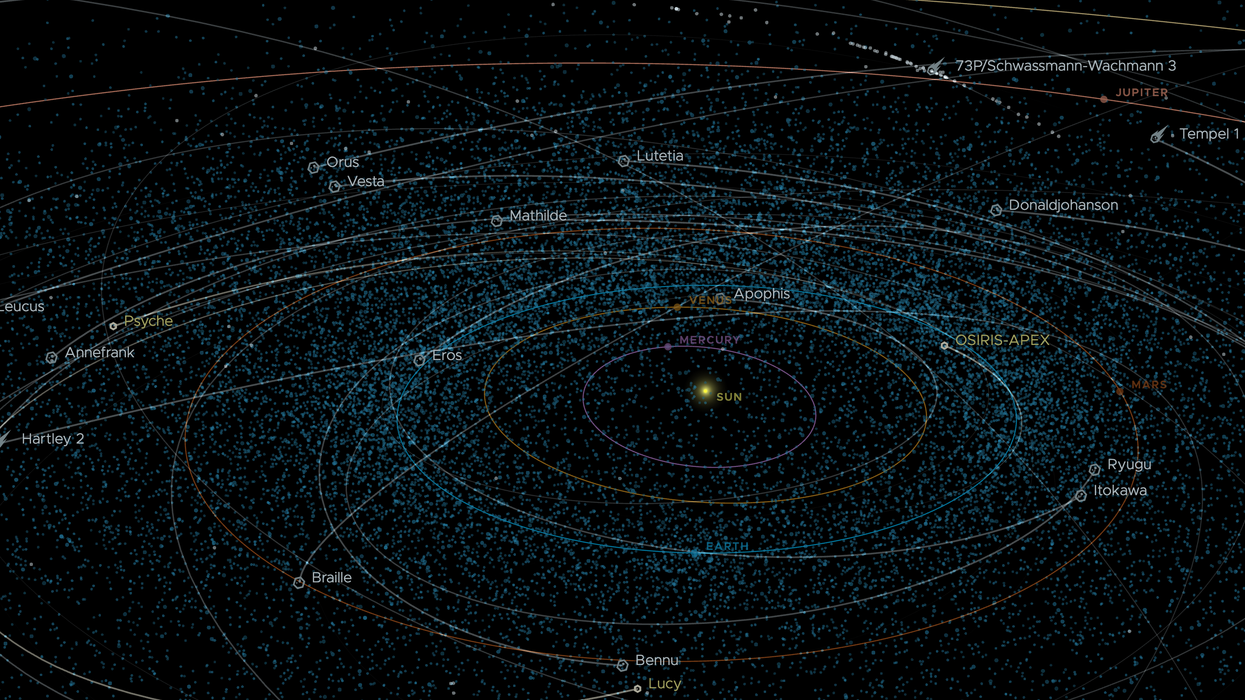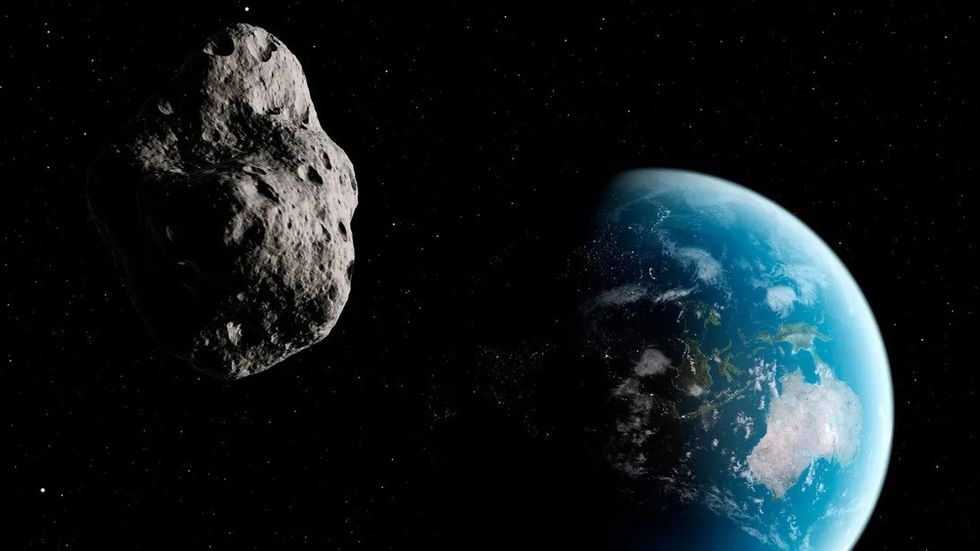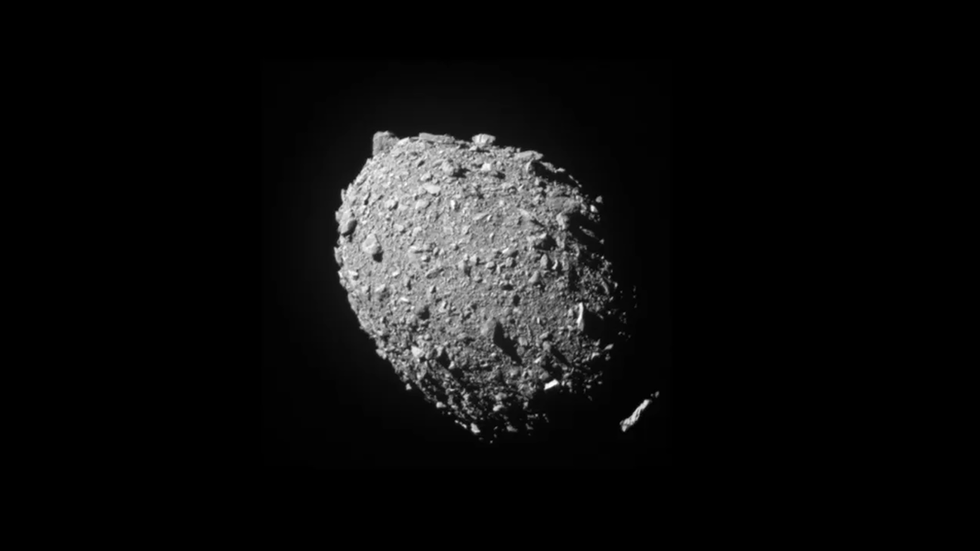Asteroid as big as a YACHT to surge past Earth at 'alarmingly close' proximity

Nasa has warned that a huge asteroid, the size of a 210-foot yacht, is set to pass Earth in just days
|Nasa

Astronomers say its journey is particularly notable due to the rock's size and proximity to Earth
Don't Miss
Most Read
Nasa has warned that a huge asteroid, the size of a 210-foot yacht, is set to pass Earth in just days.
The space rock - named Asteroid 2024 LJ - is expected to travel at a speed of 66,584 miles per hour.
It will surge past Earth on June 22 at a distance of 2.1 million miles.
Astronomers say its journey is particularly notable due to the rock's size and "alarmingly close" proximity to Earth.

The last asteroid passed Earth by at nearly 50,000km per hour
| WikiCommonsHowever, the 2024 LJ is being observed and does not pose an immediate threat.
Although the phrase "alarmingly close" is subjective given the vastness of space, any sizeable object passing near Earth requires meticulous monitoring.
Scientists at Nasa say they will be closely monitoring 2024 LJ to gain a broader understanding of these celestial wanderers.
The agency’s Planetary Defence Coordination Office (PDCO) aims to locate potentially hazardous asteroids.
Any comets that come within 30 million miles of Earth’s orbit are tracked.
LATEST DEVELOPMENTS:
The speed of the space rock is more than 80 times faster than the speed of sound - which travels at about 767 miles per hour.
Astronomers say the asteroid will fly past Earth at a safe distance.
The event will provide a "unique opportunity" for scientists to study the asteroid’s composition, trajectory, and other characteristics.
Most NEOs pass without an incident.

The asteroid Dimorphos was captured by NASA’s DART mission just two seconds before the spacecraft struck its surface on Sept. 26, 2022. Observations of the asteroid before and after impact suggest it is a loosely packed “rubble pile” object
|Nasa
A recent collision occurred between giant asteroids in the nearby star system Beta Pictoris.
The system, located just 63 light-years from Earth, has long intrigued astronomers because of its proximity and age.
While our solar system is estimated to be about 4.5 billion years old, Beta Pictoris is considered a "teenage planetary system" at 20 million years old.










